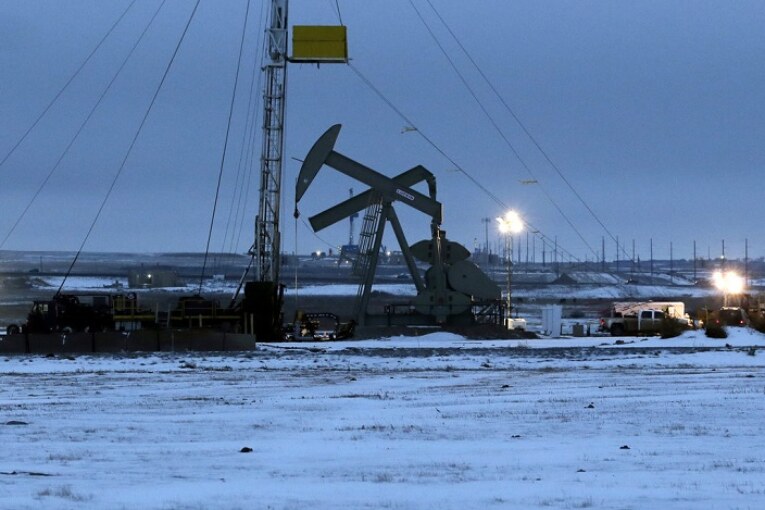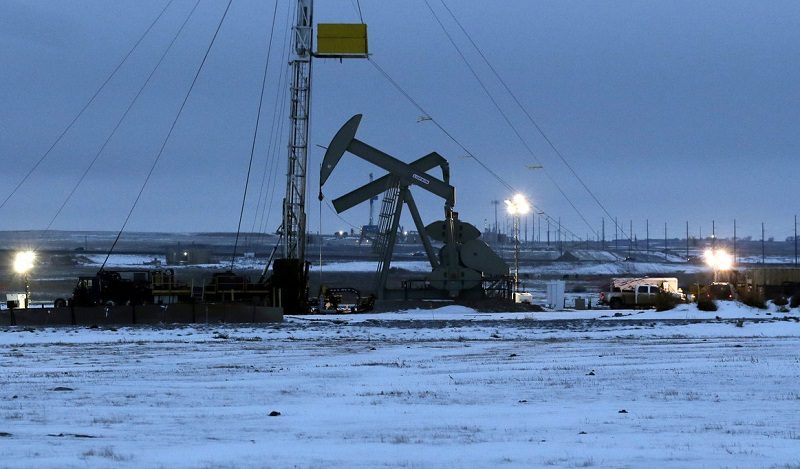

U.S. energy firms this week cut the number of oil and natural gas rigs operating for the second time in three weeks, energy services firm Baker Hughes Co said in its closely followed report on Friday.
The oil and gas rig count, an early indicator of future output, fell by one to 760 in the week to Feb. 17.
Despite this week’s rig decline, Baker Hughes said the total count was still up 115, or 18%, over this time last year.
Oil rigs fell two to 607 this week, while gas rigs rose one to 151.
U.S. oil futures were down about 6% so far this year after gaining about 7% in 2022. U.S. gas futures, meanwhile, have plunged about 50% so far this year after rising about 20% last year.
Weaker energy prices are expected to impact drilling activity, which was recovering from pandemic-related cuts, but slowly due to rising labor and equipment costs and as many firms were still more focused on returning money to investors and paying down debt rather than boosting production.
To avoid a looming oversupply situation in the gas market that has already caused prices to drop to 28-month lows this week, many analysts have said producers will have to cut the number of rigs drilling for gas this year.
Gas producers starting the year with fewer hedges than historically and will have to sell more gas at the market rate of about $2.45 per million British thermal units (mmBtu).
That is below the breakeven prices for producing gas in some regions and may force some companies to reduce drilling and put off completing wells.
Despite recent price declines, the U.S. Energy Information Administration (EIA) projected that oil and gas production from the seven biggest shale basins would rise to record highs in March.
Overall, U.S. crude production was on track to rise from 11.9 million barrels per day (bpd) in 2022 to 12.5 million bpd in 2023 and 12.7 million bpd in 2024, according to the EIA. That compares with a record 12.3 million bpd in 2019.
U.S. gas production was to rise on track to rise from a record 98.09 billion cubic feet per day (bcfd) in 2022 to 100.27 bcfd in 2023 and 101.68 bcfd in 2024, EIA data showed.
You can read more of the news on source



